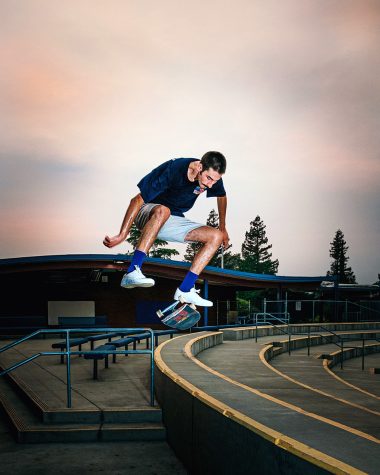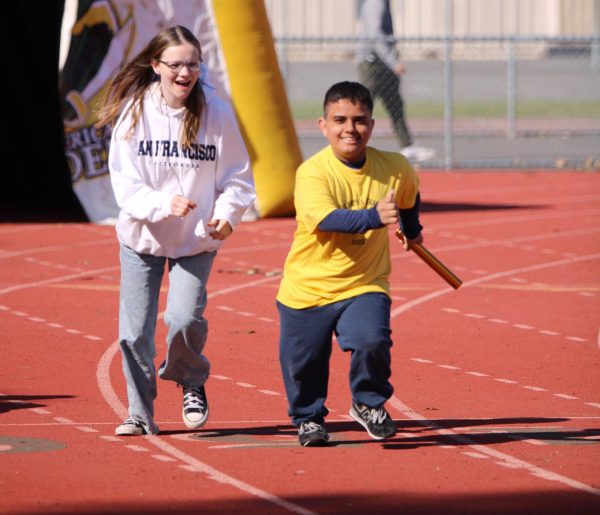The Importance of Mental Health in Sports
Naomi Osaka sends an important message: ‘Athletes are not only the sport they play’
Physical health is always a priority for professional athletes when competing at the very highest level of their sport. Clearly if you’re not at your best physically, competing with those who are will prove to be challenging. Often talked about, but still not usually put first despite all the conversation, is athletes’ mental health. Better state of mind could help give you an edge over almost any other competitor, despide how physically fit they are.
Nowhere is this harder to maintain than in individual sports. There is no team around you to pick you back up when you’re down while in the middle of a game. One prominent example is the recent controversy involving women’s tennis player Naomi Osaka. She proved to be an overnight sensation after breaking through to beat former world No. 1 Serena Williams in the 2018 US Open final. During the match, an issue boiled up involving a coaching violation against Williams. The referee at first gave her a warning that eventually led to penalties against her on the scoreboard. Williams is a fan favorite player who had a majority of the crowd behind her. Not able to overcome all the chaos that arose, she handed Naomi Osaka her first Major Title at just 21 years old, also making her the first Japanese woman to lift the trophy.
With the historical win came a multitude of mixed emotions. During the awards ceremony, the crowd began booing. It was later concluded they were directing their negativity toward the referee, however a young and inexperienced Osaka assumed they were booing her. Becoming clearly emotional during her speech, she even apologized for her victory. “I’m sorry, I know this isn’t the result you guys wanted to see today,” while lowering her visor to cover her eyes. Many speculate it was this bittersweet moment that doomed Osaka to struggle with mental health in the years to come.
Also coming with the victory, came a tremendous amount of pressure. The up-and-comer quickly rose to world number 1, obtaining top seeds in every tournament she played. All this in under a year for a 21 year old seems great from the outside, however, constantly in the spotlight, signing sponsorships and contracts with the world’s eye on her isn’t always as glorious as it seems. Along with her prominence on the court, Osaka also became a prominent activist for police brutality against African Americans. While her actions were positively looked upon for the most part, there were some who argued that she and other athletes should just “focus on playing sports.”
It was not until the 2021 French Open in May that she revealed how much stress she was under. Before the tournament began, she announced that she would not be not be doing news conferences in an attempt to put her mental health first. After wins and losses, you’re forced to answer some tough questions by pressing media reporters in front of millions of people. She was fined $15,000 for this decision, a decision to prioritize her mental health, and eventually withdrew from the tournament a few rounds later after pressure to do so.
Osaka has not played a professional tournament since. Shortly after, she announced that she would be taking a break from tennis, another decision that shocked the world. In a statement she said, “I’m not only doing this for me, but to show all the other players out there that it’s important to put yourself first no matter how much criticism you may receive.” Netflix released a documentary in July allowing Osaka to tell her story on her own terms and from her own perspective. In the opening scene of the trailer, she appears lying on a court reflecting: “So what am I if I’m not a good tennis player.”
That’s the problem. Not only for Naomi Osaka, not only in tennis but in all professional sports. Athletes are too often defined by how well they perform and nothing else. This is extremely damaging to the mindset of self-worth, leaving many top athletes wondering the same thing as Osaka. Who are they if they can’t be good at their sport? It’s a stigma that needs to be broken for the health and safety of current and future athletes. Osaka has made it a priority in her time off the court to continue getting this message out to the world: athletes are not only the sport they play. They are real people, with physical, mental, and emotional needs. Putting these things first is just as, if not more important, than winning.































